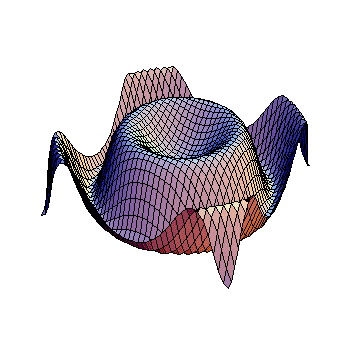What is the derivative of x^nxn?
2 Answers
For the function
The rule is:
In other words, we "borrow" the power of x and make it the coefficient of the derivative, and then subtract 1 from the power.
As I mentioned, the special case is where n=0. This means that
We can use our rule and technically get the right answer:
However, later on down the track, we will run into complications when we try to use the inverse of this rule.
Below are the proofs for every numbers, but only the proof for all integers use the basic skillset of the definition of derivatives. The proof for all rationals use the chain rule and for irrationals use implicit differentiation.
Explanation:
That being said, I'll show them all here, so you can understand the process. Beware that it
From
If
Where
Dividing that
We can take out the first term from the sum
Taking the limit, everything else still in the sum goes to zero. Calculating
For
Take out the first term
Take the limit, Where
For rationals we need to use the chain rule. I.e.:
So, knowing that
If
So, using the chain rule we have
And last but not least, using implicit differentiation we can prove for all real numbers, including the irrationals.

